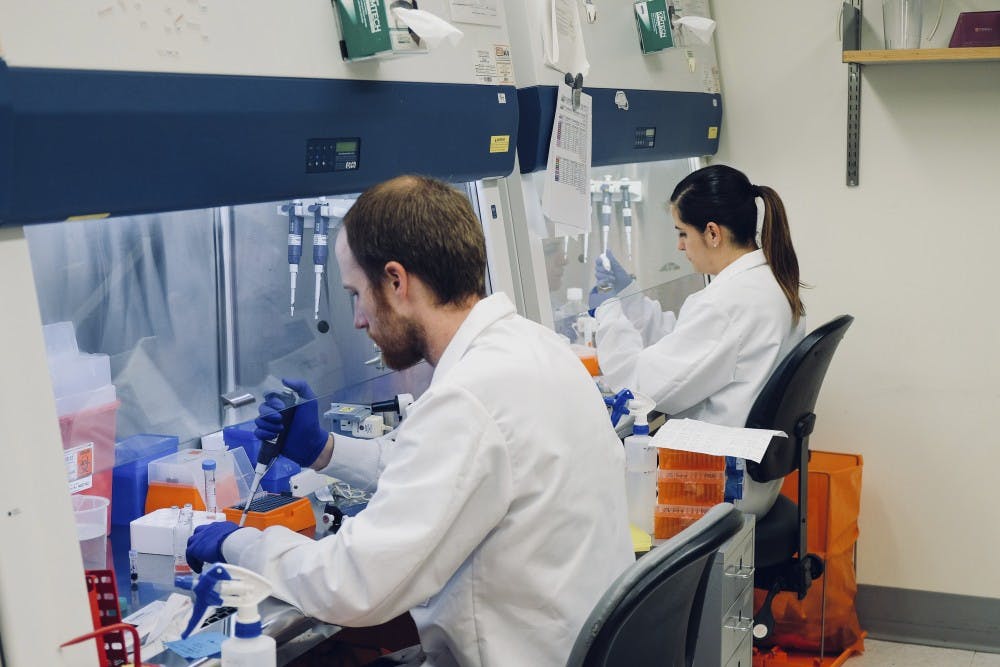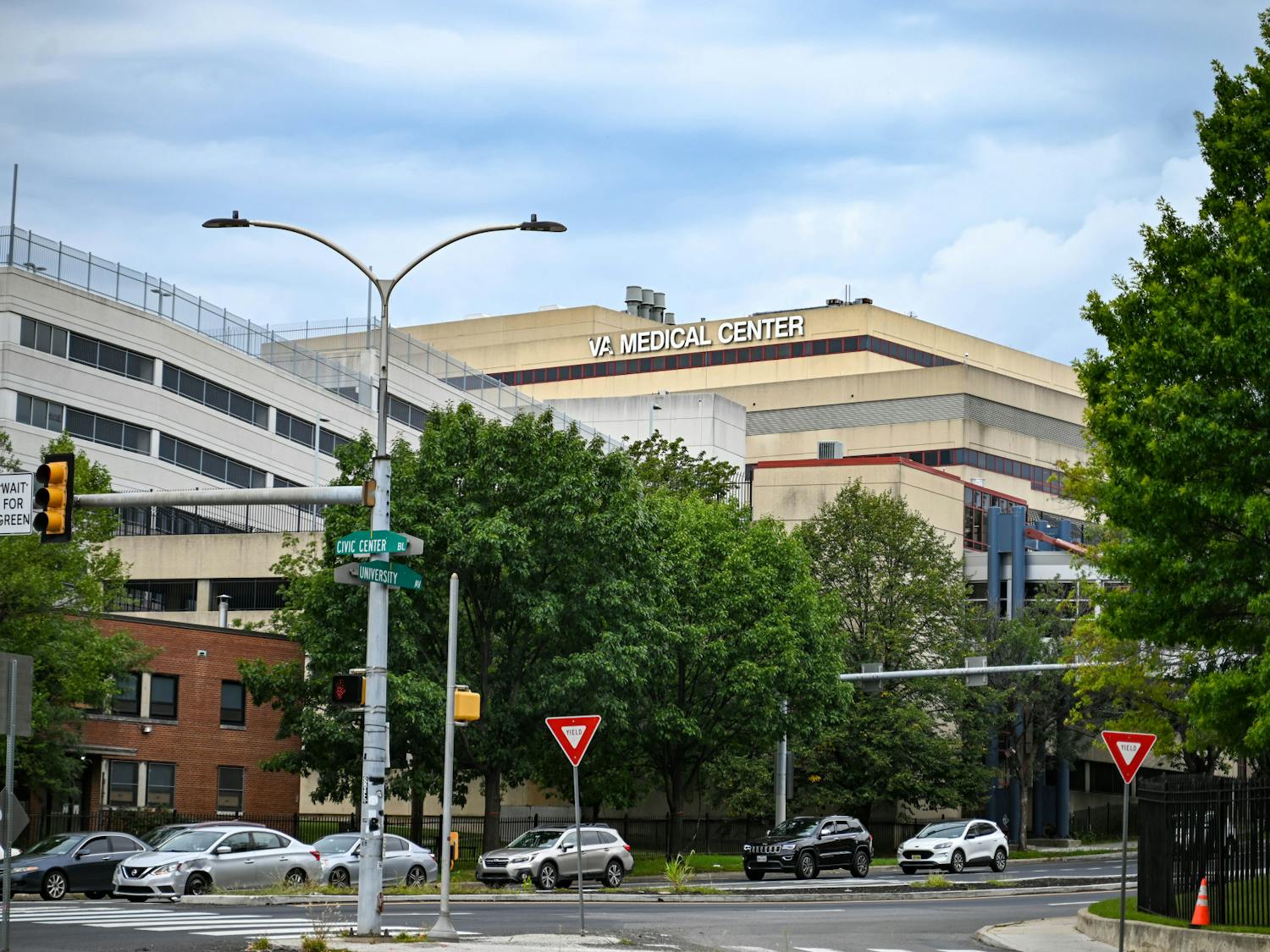After seven years of groundbreaking work, the University of Pennsylvania and healthcare company Novartis have concluded their exclusive research and development alliance related to immunotherapies.
Penn Medicine announced the conclusion of the partnership in a news release on Sept. 12. While Penn and Novartis have ended their exclusive alliance, they will continue to work together on more specific projects related to cancer research. These will include four clinical trials involving CAR T-cell therapy for different types of cancer.
CAR T-cell therapy, developed by Perelman School of Medicine professor Carl June, involves re-engineering patients' white blood cells to recognize, fight, and destroy cancer cells in the body. Since 2012, Novartis has worked with Penn to develop and commercialize treatments that use CAR T-cell therapy. In 2017, the Food and Drug Administration approved their CAR-modified T-cell therapy Kymriah, the first gene therapy to be approved for cancer treatment.
“Our highly successful collaboration with Novartis has been an inspiring example of how experts from academic medicine can unite with industry to further develop and bring discoveries from the laboratory to patients across the world who are in desperate need of new treatment options,” J. Larry Jameson, Executive Vice President of the University of Pennsylvania for the Health System and Dean of the Perelman School of Medicine, told Penn Medicine News.
In addition to the groundbreaking medical work, Penn’s partnership with Novartis brought about the creation of the Novartis-Penn Center for Advanced Cellular Therapeutics in 2016. The Center expanded the laboratory space and financial support for new immunotherapy research at Penn.
In the continuing collaboration with Novartis, Penn will continue tests on the CAR T-cell treatments in both solid tumors and blood cancers as well as bettering the manufacturing processes and reducing side effects of the treatments, Penn Medicine News reported.









